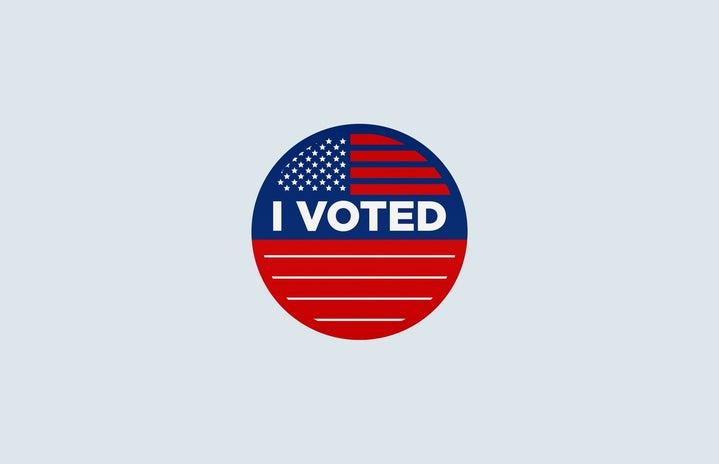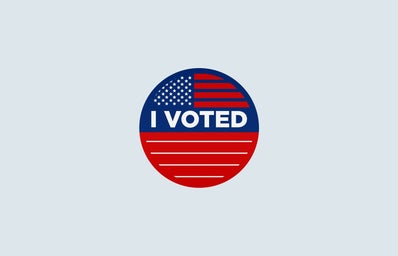Unless you live under a rock, you’ve probably noticed that politics are everywhere, and it’s not just because we’re in an election year. It’s actually been like this for quite a while now. The Trump administration has polarized our nation, to the point where there’s no room for indifference or neutrality. You’ve probably been told to vote because your voice matters, now more than ever. This will be the second race in a row where the major candidates are both viewed negatively, so you’ve probably also been told that a vote for a third party is a vote for Trump (assuming you don’t support him); so you must “settle for Biden,” even if you can’t stand him either. There are 240 million people eligible to vote this year, and 60 million people have already voted. We could expect 150 million to vote in total, which would reach the highest voter turnout in a century. But even with all the pressure to vote, around 90 million will still decide not to at all; of these, some may face significant barriers to voting and others simply have no intention to. And among those who vote, a few will denounce the partisan system and vote for a third party candidate who will never win. These people were scolded after the 2016 election, and will be again in the 2020 election if the same outcome arises.

First of all, I think most people agree to vote for a person you at least approve of, and you should never vote for a candidate you unequivocally despise. The question is whether voting for your principles is more important than voting for the consequences. A third party voter or a conscious non-voter is choosing to uphold their values over the outcome of the election because they believe it’s the right thing to do at this moment of time, even if the effects are not optimal. To examine this position closely, let’s look at the two main schools of ethics: deontology and utilitarianism. Voting has many ethical implications, and any choice sends a message. Deontology considers the intrinsic value of an action in and of itself, whereas utilitarianism judges actions based on their consequential greater benefit. Take an average American who’s unsatisfied with the political climate and is unsure of what to do next. We’ll say her views align the most with Howie Hawkins, she’s indifferent to Joe Biden, and dislikes Donald Trump. A utilitarian would justify that the end result of blocking Trump justify the means in which it was done (voting for Biden), because the vote will lead to the greatest utility for the most people, with the limited choices available. In this case, voting for a third party candidate is privileged and selfish because it lies in self interest, a need to be morally superior, and involves a harmful idealistic perspective. A deontologist would rationalize that voting for Biden is morally bankrupt and illegitimizes the value of a democratic process. The efficiency of the voting system is up for grabs when people choose to vote strategically instead of honestly, because the purpose of voting is to express your beliefs and not to influence the outcome as an individual.

So whether a vote for a third party candidate or a refusal to vote is really a vote wasted depends on your perspective. If you do believe this, would you say the same thing to a Californian who votes for Joe Biden? California is a safe blue state and will likely stay that way for a while, so in the grand scheme of things, that single vote did not make any difference. Your vote may “matter” more if you live in a swing state, but people from every state will vote anyway, as they should, because they believe it is their duty to; and you never know, California was solidly republican until 1992.
If enough people vote for a third party candidate, their party will receive federal funding to run more effective campaigns. This would increase visibility and also increase the chances of a candidate you actually like being elected, not immediately, but in elections following. More options is good, right?
Okay, so most of us want options, but what if this election is simply too important to vote for a third party candidate to potentially dismantle the establishment in the next decade? The timing may never be right if we must always make the consequentialist choice to vote for the lesser of two evils. Without major changes to our voting system, there are unfortunately no options without sacrifices this election for the majority of people. So, I can’t, and won’t, force you to vote or who to vote for. You should do what you think is right with the information you have, and then you’ve done the best you can.



